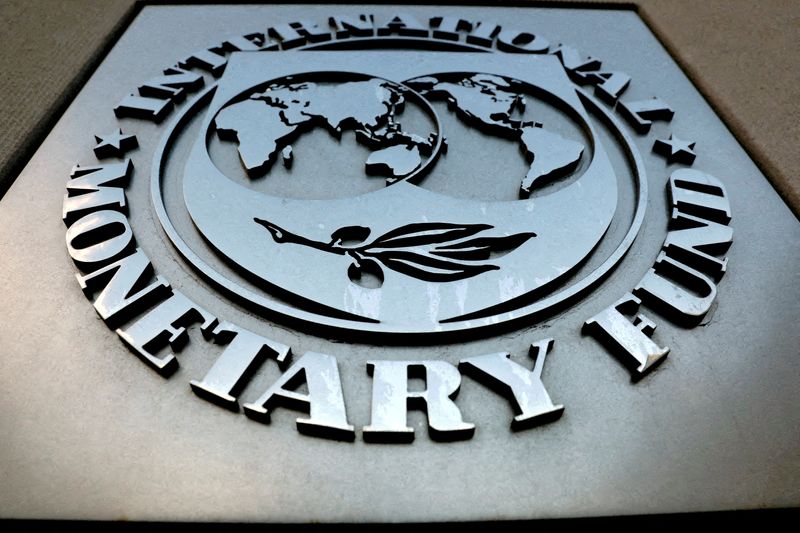By Gergely Szakacs
(Reuters) - Underlying inflation in central, eastern and southeastern Europe is stronger than in advanced economies, requiring many central banks in the region to maintain a tight monetary stance for longer than the European Central Bank, a top IMF official said.
Aided by a retreat in price growth from double digits, some central banks in the region have started lowering interest rates, led by Hungary, Poland and the Czech Republic, with Romania's central bank holding off on rate easing for now.
"The decline of the inflation rate is progressing more slowly in Romania, Moldova, Montenegro, Hungary, and Serbia than elsewhere in the CESEE region," International Monetary Fund European Department Director Alfred Kammer said.
"In general, the underlying inflationary pressures in the region remain stronger than in advanced economies," he said.
"Many central banks in the region should therefore maintain a tight monetary stance for longer than, for example, the ECB."
A June rate cut by the ECB is fully priced in by investors and most policymakers have lined up behind such a move.
In a speech prepared for an economics forum in the Croatian town of Split, Kammer said government plans to roll back extraordinary support measures for households and companies this year and next will help fight inflation by curbing demand.
Kammer said that during the 2021 to 2023 period, there was an erosion of trust in economic institutions in emerging Europe, with several central banks facing political interference.
"Let me be clear, central banks need to be able to fulfil their mandates on inflation. For this, independence is essential. Interference erodes trust and makes policymaking more costly," he said.
Kammer said achieving a soft landing in the region will not be easy but it is important given the even more daunting task of boosting emerging Europe's growth prospects in a lasting manner.

Even before the COVID-19 pandemic, the speed of convergence of emerging European economies towards their advanced European peers had slowed, he said.
That means countries would typically converge to average living standards in the EU, excluding emerging European members, only around 2100, 50 years later than previously projected, he said.